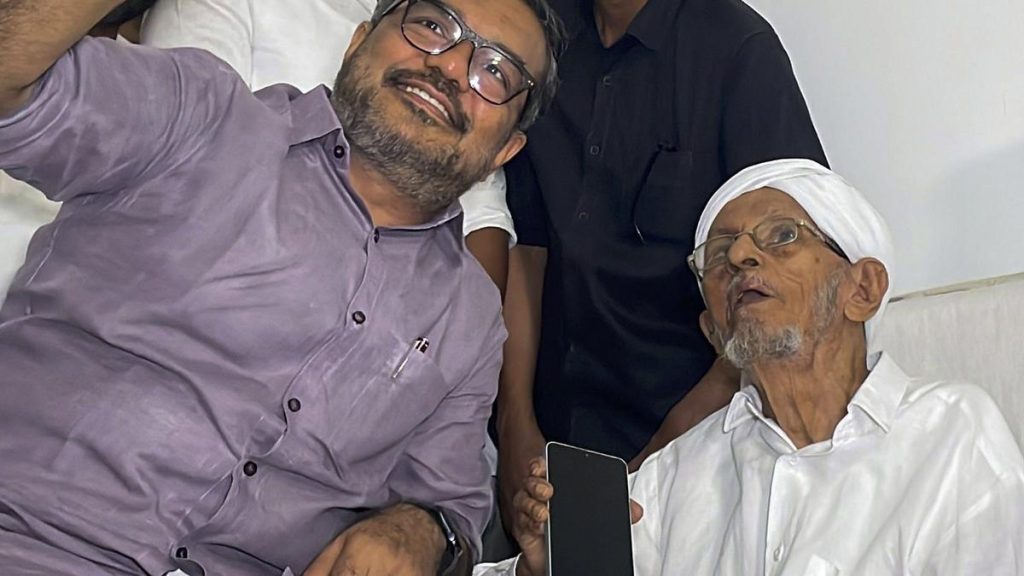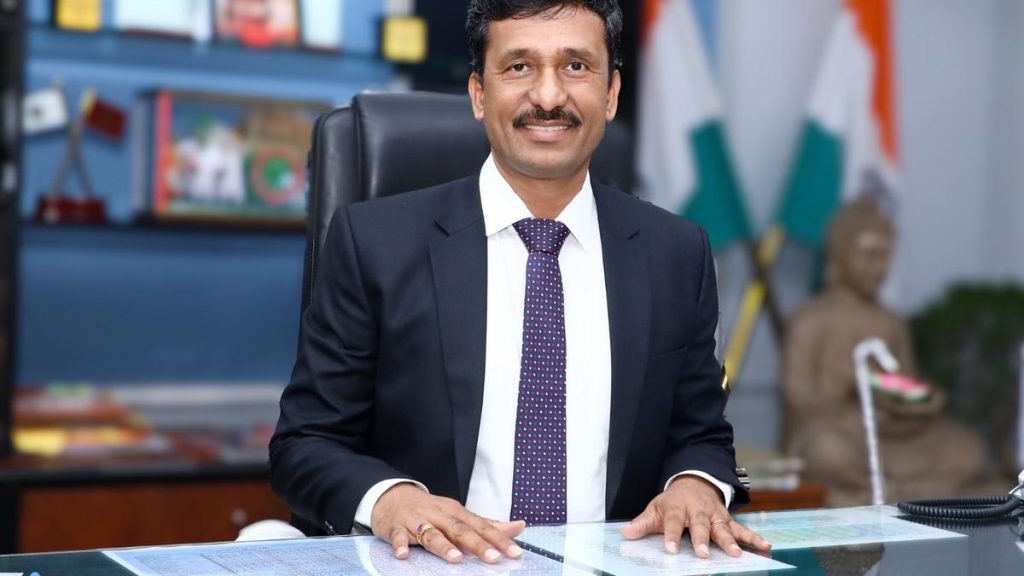Now Reading: Bengaluru Woman Loses ₹34 Lakh to Cyber Fraud While Seeking Job and Marriage
-
01
Bengaluru Woman Loses ₹34 Lakh to Cyber Fraud While Seeking Job and Marriage
Bengaluru Woman Loses ₹34 Lakh to Cyber Fraud While Seeking Job and Marriage

Quick Summary
- A 32-year-old unemployed commerce graduate was allegedly cheated of ₹34 lakh over a one-year period by cyber fraudsters.
- The victim sourced funds from her mother’s account,personal and gold loans,and sold saved Euros to make payments demanded by the accused as “security deposits” for a job appointment letter.
- She initially registered on a matrimonial website in July 2024, where she was contacted by an alleged fraudster named Dashmeet Singh Bindra, who claimed to have connections with HR professionals.
- Bindra introduced her to someone posing as an HR head named Rahul Khanna, who offered her a Ground Wing Manager position at Delhi airport.
- The victim transferred money in smaller transactions from July 2024 to January 2025 under various pretexts including “security allowance” and “accommodation charges,” totaling ₹34 lakh.
- In October 2024, she received a fake joining letter along with an invalid cheque that bounced due to a supposed “signature mismatch.”
- After the scammers became unreachable in March 2025 but later resurfaced demanding additional payments labeled as “tax amount,” the victim realized it was fraudulent after consulting her brother in March this year.
- An official complaint has been lodged with East Division Cyber Crime Police. Authorities are investigating based on available contact details.
Indian Opinion Analysis
this case highlights growing challenges posed by elegant cyber frauds exploiting individuals’ vulnerabilities such as unemployment or personal aspirations. The use of emotionally manipulative strategies-combining false promises of jobs and relationships-reflects how such scams extend beyond mere financial theft into deeply psychological deception.
For india, rising digital literacy must be accompanied by robust education on identifying online red flags. While law enforcement agencies are pursuing investigations in this case, systemic preventive measures like strengthening awareness campaigns about phishing tactics on employment or matrimonial platforms become crucial. Additionally, increased vigilance is required among loan providers when approving significant unsecured loans. As digital fraud continues evolving alongside technology adoption in urban and semi-rural areas of India,strengthening regulatory mechanisms remains crucial for public safety.
























